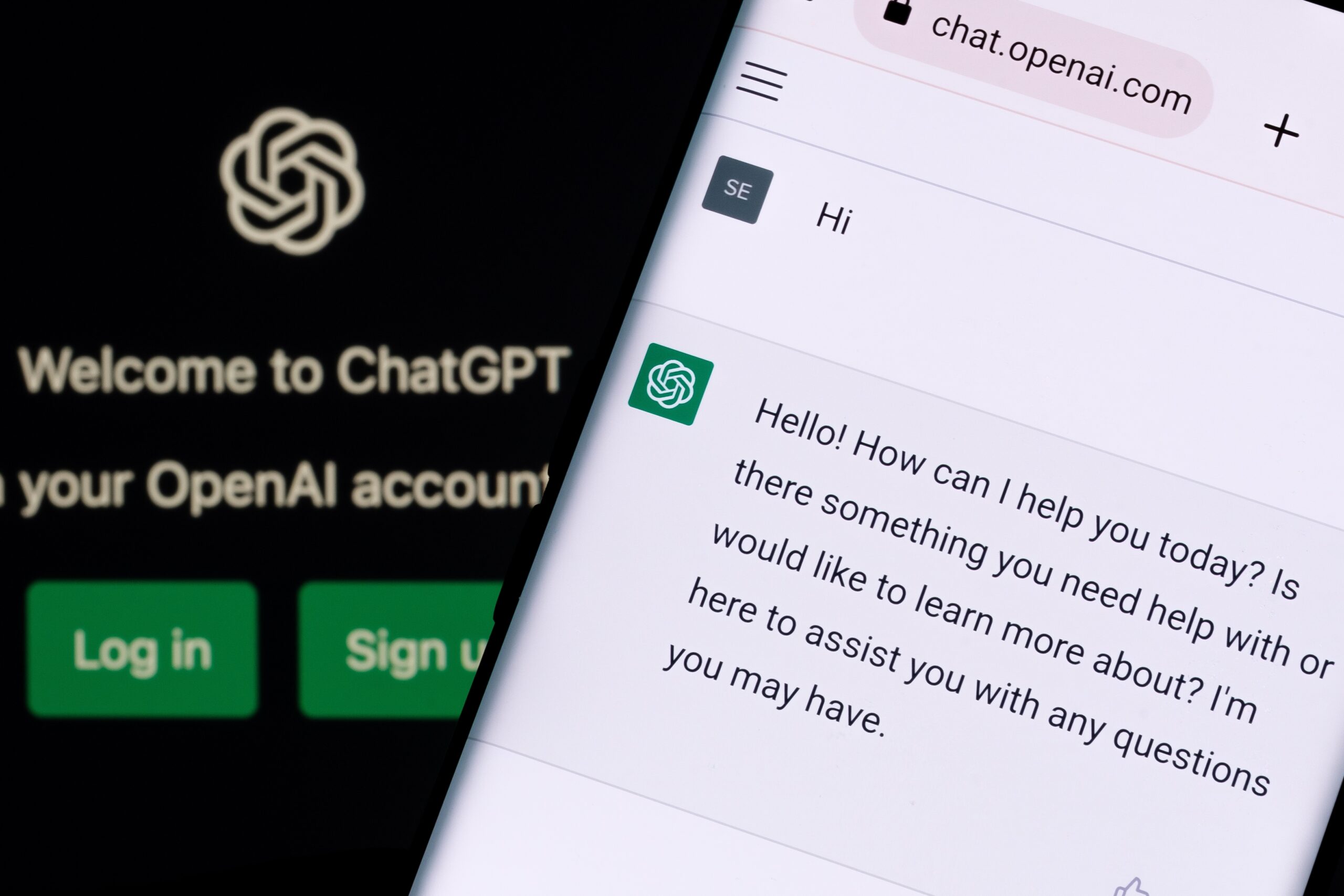
AI: The Wizard behind the Data Curtain?
“What is Chat GPT?” is a frequently heard question this year. “What is AI? How does it work?” is occasionally the follow up. And for the sceptics, “Will it take my job? Is it dangerous?” One cheerful BBC News headline recently read “Artificial Intelligence could lead to extinction, experts warn”.
Artificial Intelligence (AI) and Machine Learning Technologies (MLTs) have rapidly gone from the stuff of science fiction to real world usage and deployment. But how will they affect the insurance industry, what are the legal implications, and is the whole issue really that much of a concern?
Taking the final question first, the evidence suggests that jobs are already being lost to this new technological revolution. In March 2023, Rackspace surveyed IT decision-makers within 52 insurance companies across the Americas, Europe, Asia and the Middle East. 62% of the companies said that they had cut staff owing to implementation of AI and MLTs in the last 12 months. In the same period, 90% of respondents said they had grown their AI and MLTs workforce.
It is worth drilling into the specifics of what AI and MLTs actually are. McKinsey & Company define AI as “a machine’s ability to perform the cognitive functions we usually associate with human minds”. MLTs, according to IBM, are best considered as a branch of AI, in which computers “use data and algorithms to imitate the ways that humans learn, gradually improving their accuracy”. So, taking ChatGPT (released 30 November 2022) as an example, Open AI (the developer) has trained ChatGPT on billions of documents that exist online. From news, to books, to social media, to TV scripts, to song lyrics. As explained by Boston Consultancy Group, the “trained model leverages around 175 billion parameters to predict the most likely sequence of words for a given question”. In many ways, it has to be seen to be believed. If you haven’t already, it is worth signing up to ChatGPT. It’s free and takes moments. The author has just asked it to write a Jay-Z song about the London Insurance Market and to write a story about Sun Tzu waking up in the world of Charles Dickens – both with instant, detailed results. The absurdity of the requests was done to demonstrate the power of the MLT: it is quite remarkable.
What is exciting, or scary, depending on your position, is that GPT-4 (the next version of ChatGPT) has 1 trillion parameters. It was released at the end of March and is behind a paywall. But the point is that the never-seen-before power behind the technology released only at the end of last year has become nearly 6 times more advanced in four months. Not unlike the Sorcerer’s Apprentice wielding his axe and doubling and redoubling broomsticks carrying pails of water, MLTs scythe through and consume data at an exponential rate.
So, what does it all mean for the insurance industry? MLTs can sift through data vastly faster than humans, and with far greater accuracy. The tech poses the most immediate threat to lower-level underwriters and claims handlers, as well as general administrative roles. But what about to the wider London Market?
As this firm’s David Pryce has explained*, the London Market does not have as many generalised wordings as do other insurance markets around the world. The policies written here are highly sophisticated and frequently geared towards bespoke risks. The specialism of the London Market means that, in terms of senior underwriters, while they may be informed by AI/MLTs, their judgement, gained through experience, will mean their role is fairly safe – machine learning tech is far superior at analysing past knowns than conceptualizing future risks.
Similarly, in high-value, sophisticated non-consumer insurance contracts that are the norm within Lloyd’s, questions arise about AI’s/MLTs’ potential to remove the broker role. Consider a cutting-edge ChatGPT equivalent that does the role of a broker, but is developed by an insurer for an insured. There is an inherent conflict between acting as an agent of an insured and seeking to maximise profit for the insurer. There would undoubtedly be a data bias in this metaphorical ChatGPT. In the same vein, a ChatGPT equivalent could be developed by London Market brokers, but this would miss the personalised touch that (human) brokers bring to the table (and policyholders enjoy). James Benham, Insurtech guru and podcast host, recently said that AI could stop brokers doing menial form-filing and spend more time doing what policyholders want – stress testing the insured’s policy and giving thought to what cover they need but had not considered. So while in the short term low-level work will likely be made more efficient by AI/MLTs, and lead to reductions in staff, a wholesale revolution or eradication of vast swathes of the London Market broking sector remains unlikely.
Finally, it is worth noting the speech on 14 June 2023 by Sir Geoffrey Vos, Master of the Rolls, given to the Law Society of Scotland’s Law and Technology Conference. After highlighting a recent example of an American lawyer who used ChatGPT for his legal submissions, in which ChatGPT not only grossly misunderstood/misrepresented the facts of some cases but actually made up another one for the purposes of the submissions, he cautioned the use of the MLT in legal proceedings. He further observed dryly that “clients are unlikely to pay for things they can get for free”. Perhaps specific MLTs will be successful developed in the near future to assist or stress test lawyers’ approaches (for example, Robin AI is a London-based startup that uses MLTs to assist lawyers with contract drafting), but ChatGPT is not there yet. A similar point could be made in its application to the insurance industry – simple, concise deployment of the technology will remove grunt work and effectively and cheaply simplify data, but human experience will not be replaced just yet. As with blockchain, in the short term we are likely to see more of an impact on consumer insurance contracts than high-value, bespoke, London Market insurance.
Dru Corfield is an Associate at Fenchurch Law
* See The Potential impact of ChatGPT on insurance policy wordings, Insurance Business Mag
Other news
Motor Finance and the FCA Redress Scheme: Insurance Coverage implications for policyholders
12 February 2026
Background and Supreme Court Decision The UK Supreme Court’s judgment in Hopcraft v Close Brothers Ltd, together with…
You may also be interested in:
Archives
Categories
- News
- International Risks
- Legislation
- Financial & Professional Risks
- Case Law
- Professional Risks
- Press Release
- Uncategorized
- The Good, the Bad and the Ugly
- Fenchurch Law Webinars
- Stonegate
- Newsletter
- Events
- Webinars
- Comparing German and English Insurance Law – A Series
- Construction Risks
- Operations
- Business Development
- Construction & Property Risks



